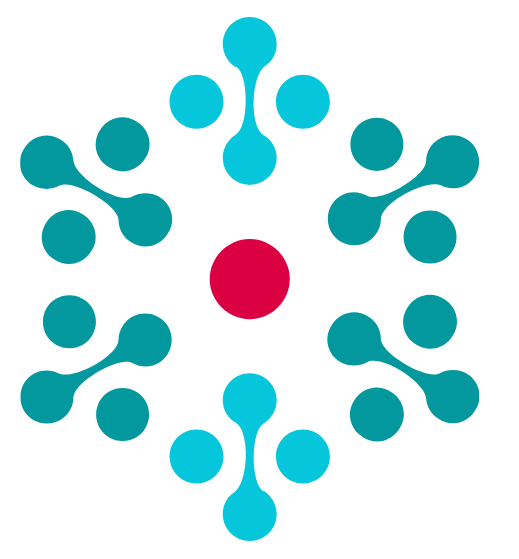Life Below Water: Sustainable Alternatives to Fish Products
Did you know that over 34% of the world’s fish stocks are now overfished, and many marine species are pushed to the brink of extinction? With our oceans facing unprecedented challenges, it's more critical than ever to explore sustainable seafood alternatives. Innovative food technologies, like plant-based and cultivated fish products, offer promising solutions to preserve marine life and ecosystems while meeting global seafood demands.
What is Sustainable Seafood for a Sustainable Future?
Sustainable seafood refers to seafood that is harvested or farmed in ways that do not harm marine ecosystems. Unlike traditional seafood, which relies on harming marine environments, Alternative Protein seafood is produced using methods that do not deplete fish populations or damage biodiversity. Companies like Bluu Seafood and The Plant Based Seafood Co. are at the forefront of this innovation, creating cultivated or plant-based fish products that replicate the taste and texture of real seafood without the environmental impact of traditional fishing or aquaculture.
Sustainable practices are vital for maintaining the balance of oceanic ecosystems. By embracing Alternative Protein seafood, we can significantly reduce the strain on overexploited fish stocks, protect marine habitats, and ensure that our seafood consumption contributes to the health of our oceans rather than depleting it.
How Can We Promote Sustainable Seafood Alternatives?
Promoting sustainable seafood alternatives is essential for protecting our oceans and fostering a healthier planet. Since all forms of traditional fishing harm marine ecosystems, the focus should shift towards developing, promoting, and consuming seafood alternatives like plant-based options and cultivated fish. Educating consumers about the environmental impact of conventional seafood and encouraging them to choose these innovative alternatives is a crucial first step.
Policymakers must play a pivotal role by supporting the growth of the alternative seafood industry through regulations that favor sustainable practices and fund research and development. Businesses can lead by incorporating Alternative Proteins into their offerings, reducing reliance on traditional seafood, and showcasing their commitment to sustainability.
Companies in the Alt. Protein seafood sector exemplify the innovation needed to provide delicious and sustainable seafood options. Collaborative efforts between governments, industries, and consumers are essential to drive these changes. By focusing on alternatives, we can ensure a future where seafood consumption no longer harms marine ecosystems but instead contributes to their preservation and restoration.
What Kinds of Seafood Alternatives Are There?
Seafood alternatives are rapidly evolving and include several innovative options:
Plant-Based Seafood: Made from ingredients like algae, seaweed, and plant proteins, these products mimic the taste and texture of traditional seafood. Examples include plant-based shrimp and salmon fillets, which offer a sustainable alternative without the need for fishing.
Cultivated Seafood: This technology involves growing seafood from fish cells in a lab setting, eliminating the need for fishing or fish farming. Cultivated fish products, such as lab-grown salmon and tuna, replicate the sensory qualities of conventional seafood while avoiding issues related to overfishing and environmental degradation.
Fermentation-Based Seafood: Using fermentation technology, companies produce seafood analogs from microorganisms like fungi or algae. These products can provide similar nutritional benefits to traditional seafood and are produced with a lower environmental footprint.
Is There an Ethical Way to Eat Seafood?
Ethical seafood consumption involves shifting away from traditional fishing and instead embracing alternatives that prioritize the health of our oceans. Since all fishing practices can harm marine ecosystems, the most ethical choice is to opt for seafood alternatives. These products offer the nutritional benefits of seafood without the environmental and ethical concerns tied to conventional fishing and aquaculture.
By choosing Alternative Protein options, consumers can enjoy seafood in a way that supports marine conservation and reduces the strain on ocean resources. Companies in this sector are at the forefront of creating these sustainable alternatives, making it easier for individuals to make ethical choices that align with the preservation of our planet's ecosystems.
Join the Alternative Protein Revolution
Do you want to contribute to sustainability and be part of the transformative Alternative Protein sector? Whether you're an experienced professional looking for a career change or a recent graduate, the Alternative Protein industry offers a unique opportunity to drive the future of sustainable food. At Tälist, we connect you with opportunities that match your skills and passions in the sustainable food industry.
Sign up now and get matched with job opportunities that create the future of food! Join us in making a significant impact on the environment, health, and food security by working in the Alternative Protein sector.
Want to know what concrete jobs in the Alternative Protein industry look like? Take a look at the numerous opportunities available on our job board and be part of the change towards a more sustainable and ethical food system.


